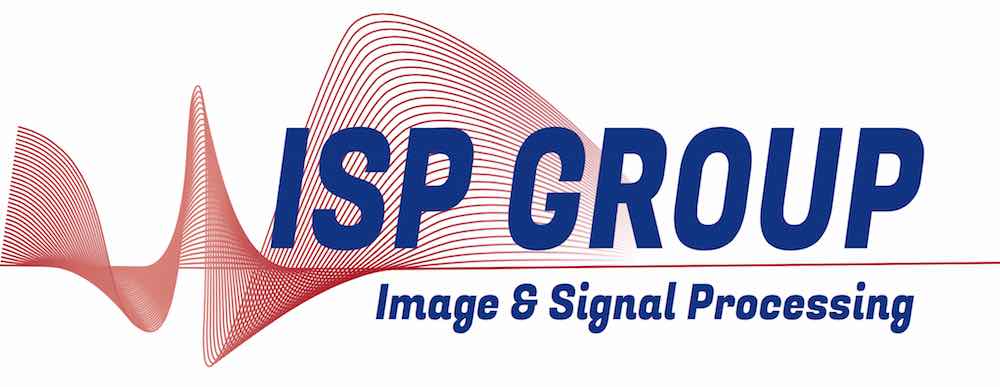Shannon Seminar Room (a105) Place du Levant 3, Maxwell Building, 1st floor -- Wednesday, 10 January 2018 at 11:00 (45 min.)
{
"name":"Greedy algorithms for multi-channel sparse recovery",
"description":"Research on “compressive sensing” (CS) has shown that it is possible to retrieve high-dimensional signals using a limited set of (often random) linear measurements. For CS to work properly, the signal to be retrieved must be sparse, which means that most of its components (e.g., 90 % of them) are zero. Many algorithms relying on CS can reliably recover sparse signals on the basis of a number of measurements that essentially scales with sparsity level (instead of scaling with the number of dimensions).",
"startDate":"2018-01-10",
"endDate":"2018-01-10",
"startTime":"11:00",
"endTime":"11:45",
"location":"Shannon Seminar Room (a105) Place du Levant 3, Maxwell Building, 1st floor",
"label":"Add to my Calendar",
"options":[
"Apple",
"Google",
"iCal",
"Microsoft365",
"MicrosoftTeams",
"Outlook.com"
],
"timeZone":"Europe/Berlin",
"trigger":"click",
"inline":true,
"listStyle":"modal",
"iCalFileName":"Seminar-Reminder"
}
Research on “compressive sensing” (CS) has shown that it is possible to retrieve high-dimensional signals using a limited set of (often random) linear measurements. For CS to work properly, the signal to be retrieved must be sparse, which means that most of its components (e.g., 90 % of them) are zero. Many algorithms relying on CS can reliably recover sparse signals on the basis of a number of measurements that essentially scales with sparsity level (instead of scaling with the number of dimensions).
